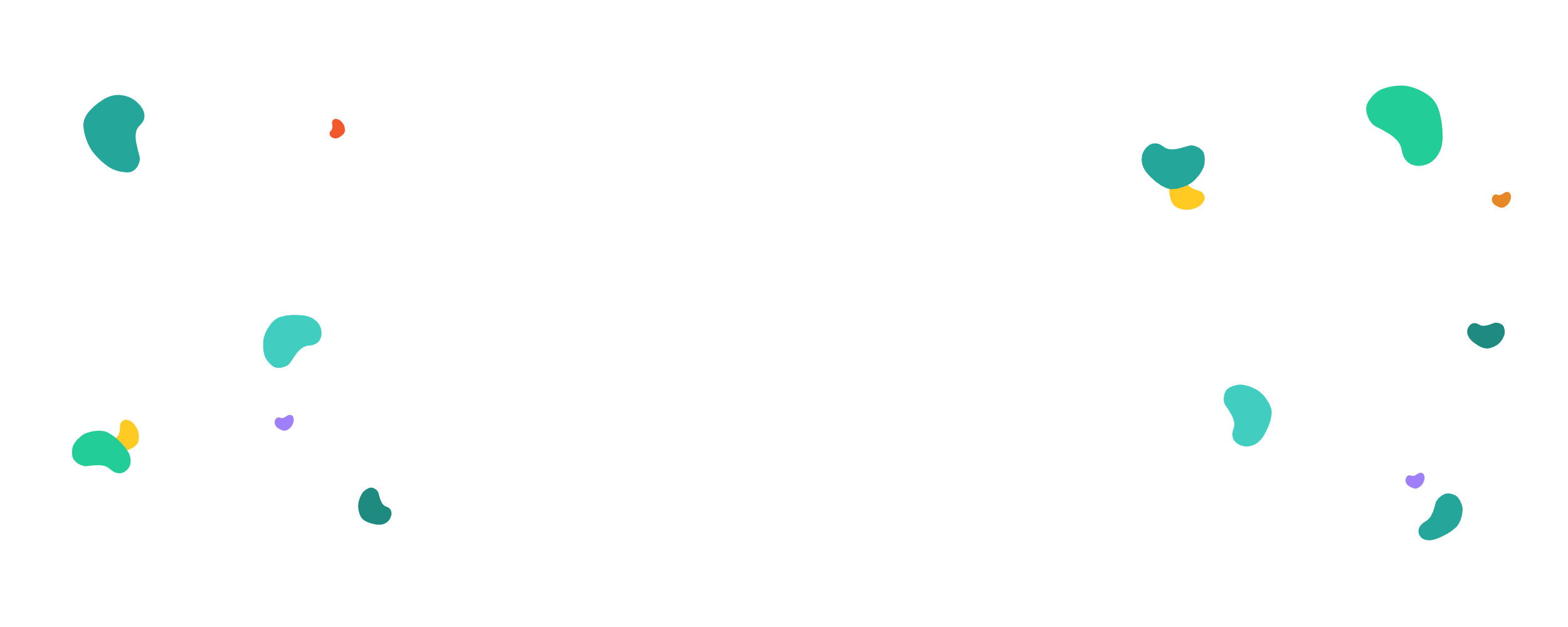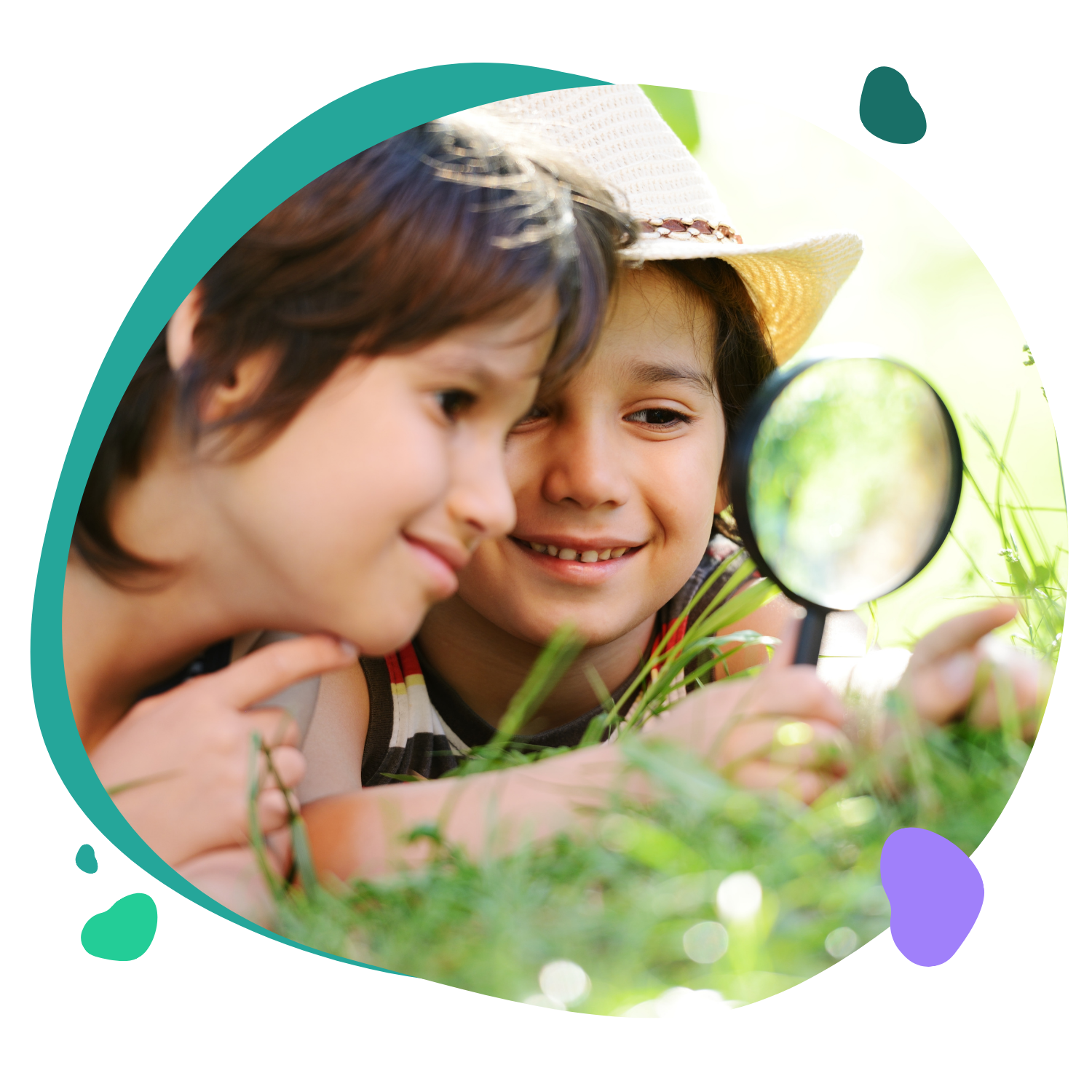
Question-based Investigations
Question-based Investigations (QBIs) were launched in 2021 as a new model for inquiry and product creation for primary-aged students.
Each QBI is designed around a single year level to provide teachers with maximum flexibility to develop a scope-and-sequence to meet the needs of their composite, straight year, or cross-stage classroom
Teachers can implement a QBI across a few weeks, a term or a semester depending on the depth of the investigation they want their students to conduct
Students are engaged in an investigation through the lens of a single big question
Teachers have room to modify the investigation to suit the needs of their students, by selecting the appropriate resources, tools and activities
Teachers can assess inquiry skills throughout the investigation using the MAPPEN Assessment tool

View all Question-based Investigations below, filtering by student stage.

The Question-based
Investigations Model
Stimulate students’ thoughts, provoke curiosity, and spark questions.
Activate prior knowledge, clarify misconceptions and stimulate questions.
Assist students in becoming effective, confident & independent researchers.
Develop reflection and, summarising skills; create a shared understanding.
Improve and enhance students’ collaboration skills, creating a product in a team.
Improve ability to present, receive feedback and answer questions.
Encourage and support students to think reflectively and consider next steps.
Immersion Phase
Purpose:
To stimulate thought, provoke curiosity, and spark student questions.
What’s involved:
Students are engaged in immersion experiences that connect to the big idea of the investigation.
MAPPEN includes a list of immersion strategies which teachers can adapt for each investigation.
Additional resources included
Habits of Mind
The Immersion Phase focuses on the following two Habits of Mind
Launch Phase
Purpose:
To tune students in, activate prior knowledge, clarify misconceptions, and stimulate questions
What’s involved:
Students analyse the essential question, consider what they already know and pose questions to guide their research
For teacher-led research, teachers can use the MAPPEN research prompts connected to each resource to facilitate research activities for your students. For student-led research, teachers can provide each group with a printed copy of the resources connected to each question and encourage students to use the prompts to guide their research or to consider other ways they could find the answer to each essential question.
Habits of Mind
The Launch Phase focuses on the following two Habits of Mind:
Research Phase
Purpose:
To assist students in becoming more effective researchers and more confident when conducting research independently. During this phase, students will develop research and data collection skills using a variety of resources and techniques.
What’s involved:
Students will develop research and data collection skills using a variety of resources and techniques. Teachers can select from a list of help-seeking strategies and graphic organisers to support their students.
Habits of Mind
The Research Phase focuses on the following three Habits of Mind:
Synthesis Phase
Purpose:
To develop students' ability to reflect on important information, summarise findings, and create a shared understanding.
What’s involved:
Students share their research findings and work with others to synthesise the information collected.
Habits of Mind
The Synthesis Phase focuses on the following two Habits of Mind:
Collaboration Phase
Purpose:
To improve and enhance students’ collaborative skills.
What’s involved:
Students work with others to produce a product or products addressing a guiding question.
Students may choose from an extensive list of product types which inspire and persuade.
Habits of Mind
The Collaboration Phase focuses on the following three Habits of Mind:
Exhibition Phase
Purpose:
To improve students’ ability to present their ideas to different audiences, receive feedback and answer questions about their work.
What’s involved:
Students share their product or performance of understanding to a target audience that clearly articulates the group’s response to the essential question and scenario for the investigation.
Habits of Mind
The Exhibition Phase focuses on the following two Habits of Mind:
Evaluation Phase
Purpose:
To encourage and support students to think reflectively on their learning and to consider their next steps.
What’s involved:
Students give and receive feedback, self-assess their performance against set criteria and set a goal for future investigations.
Habits of Mind
The Evaluation Phase focuses on the following two Habits of Mind:


















